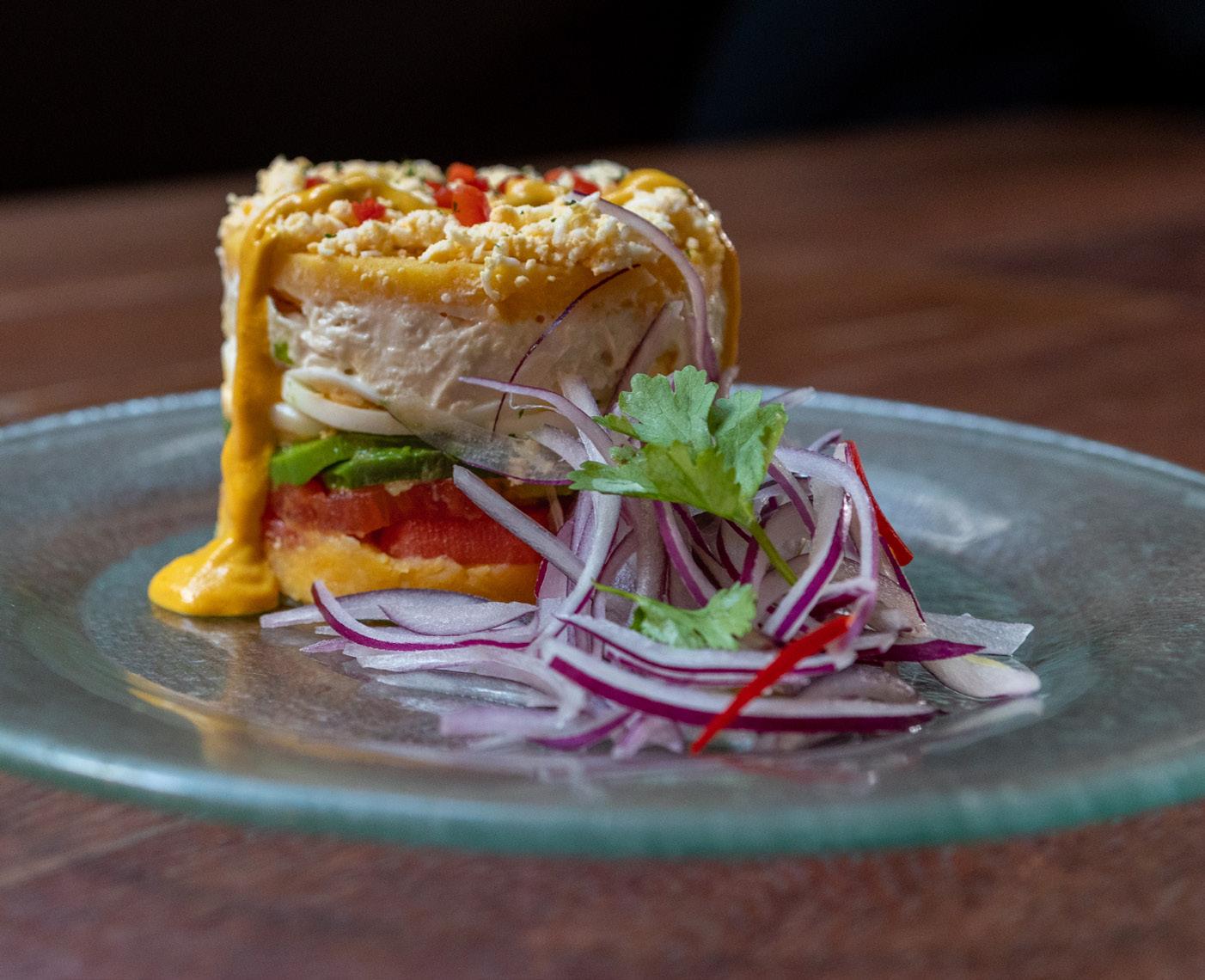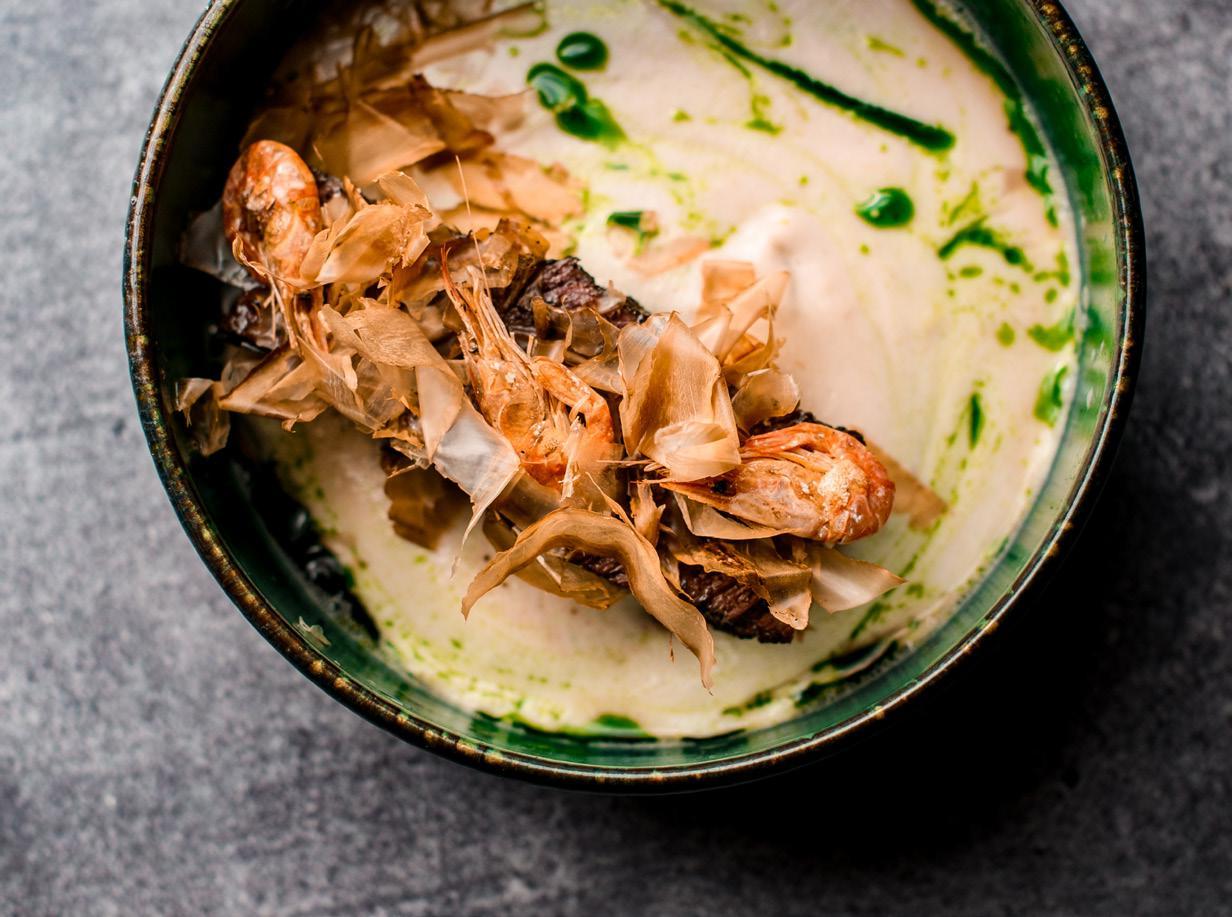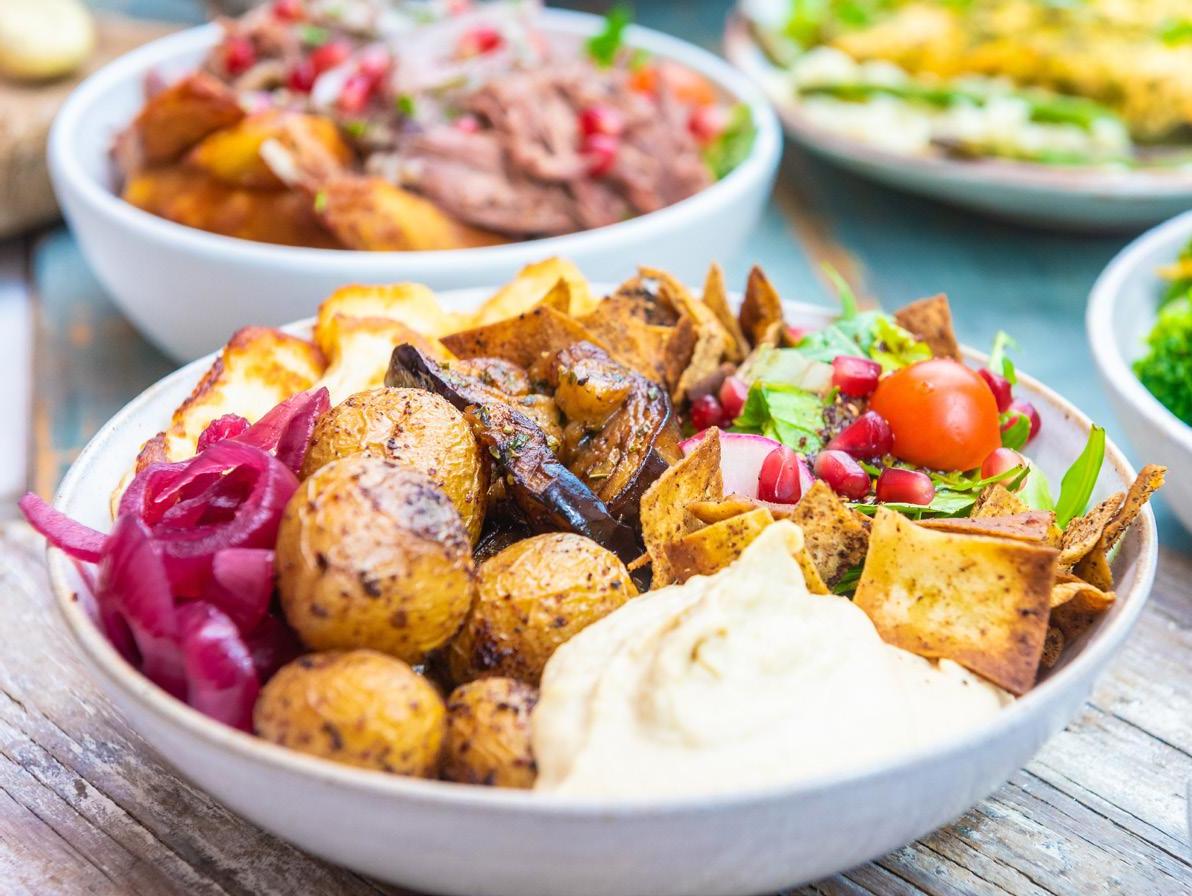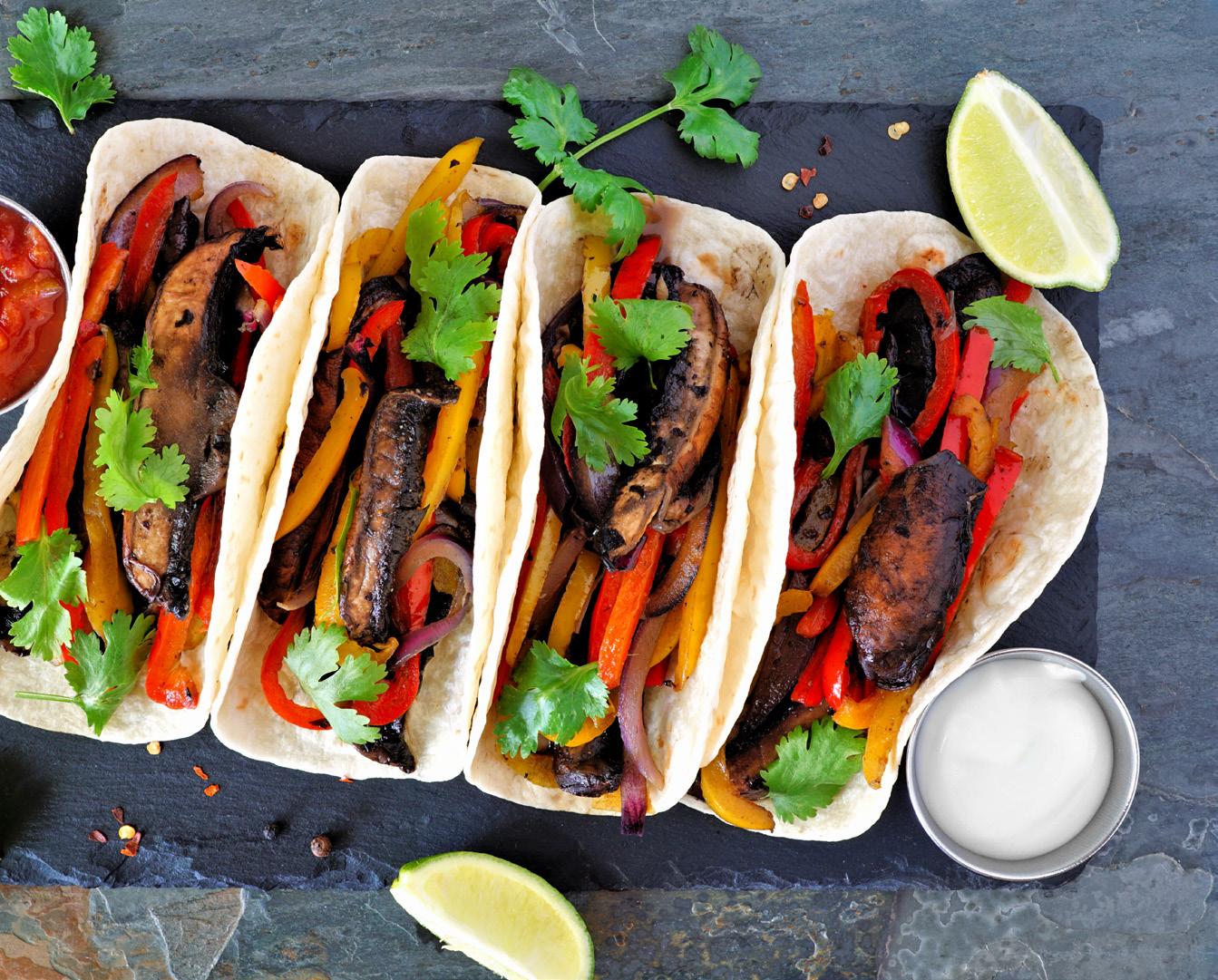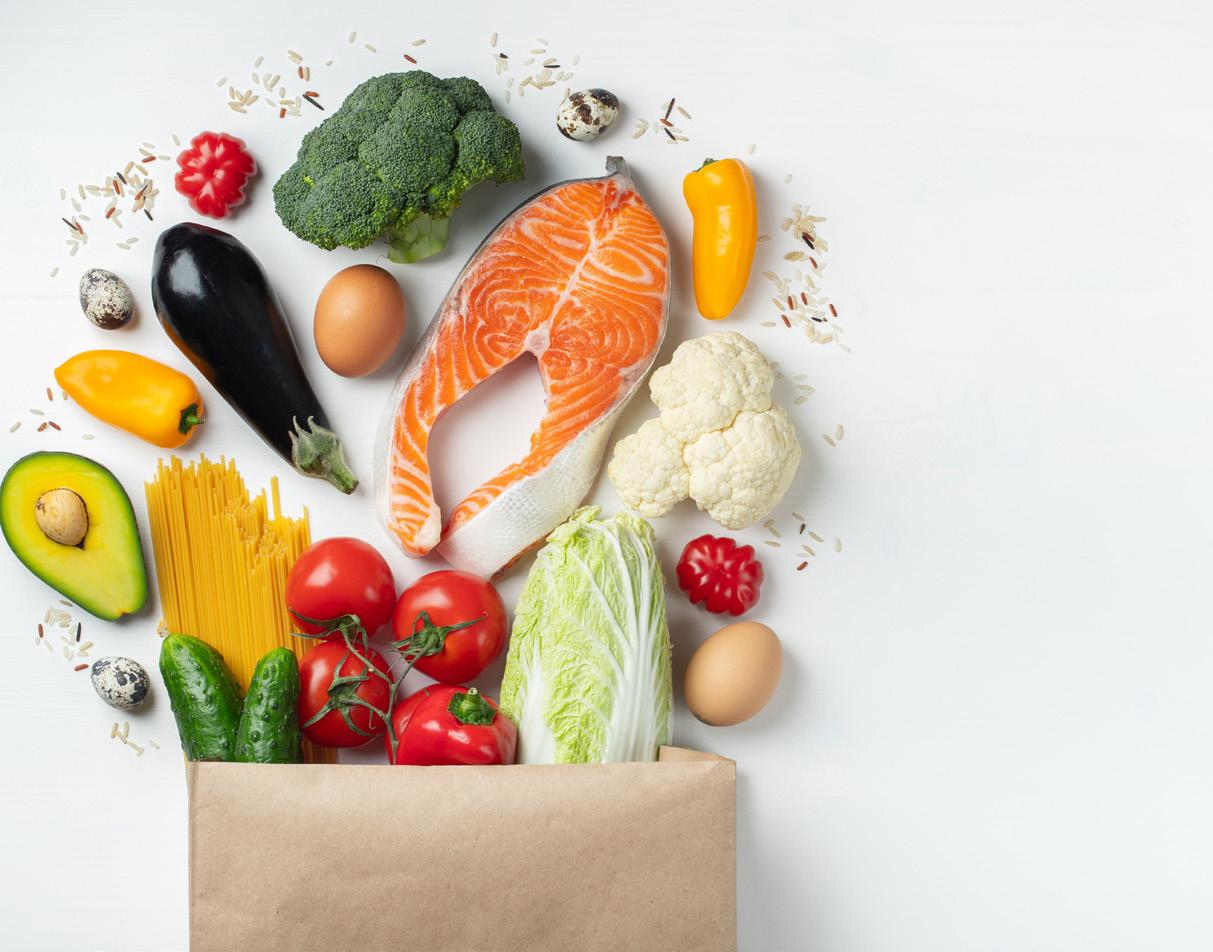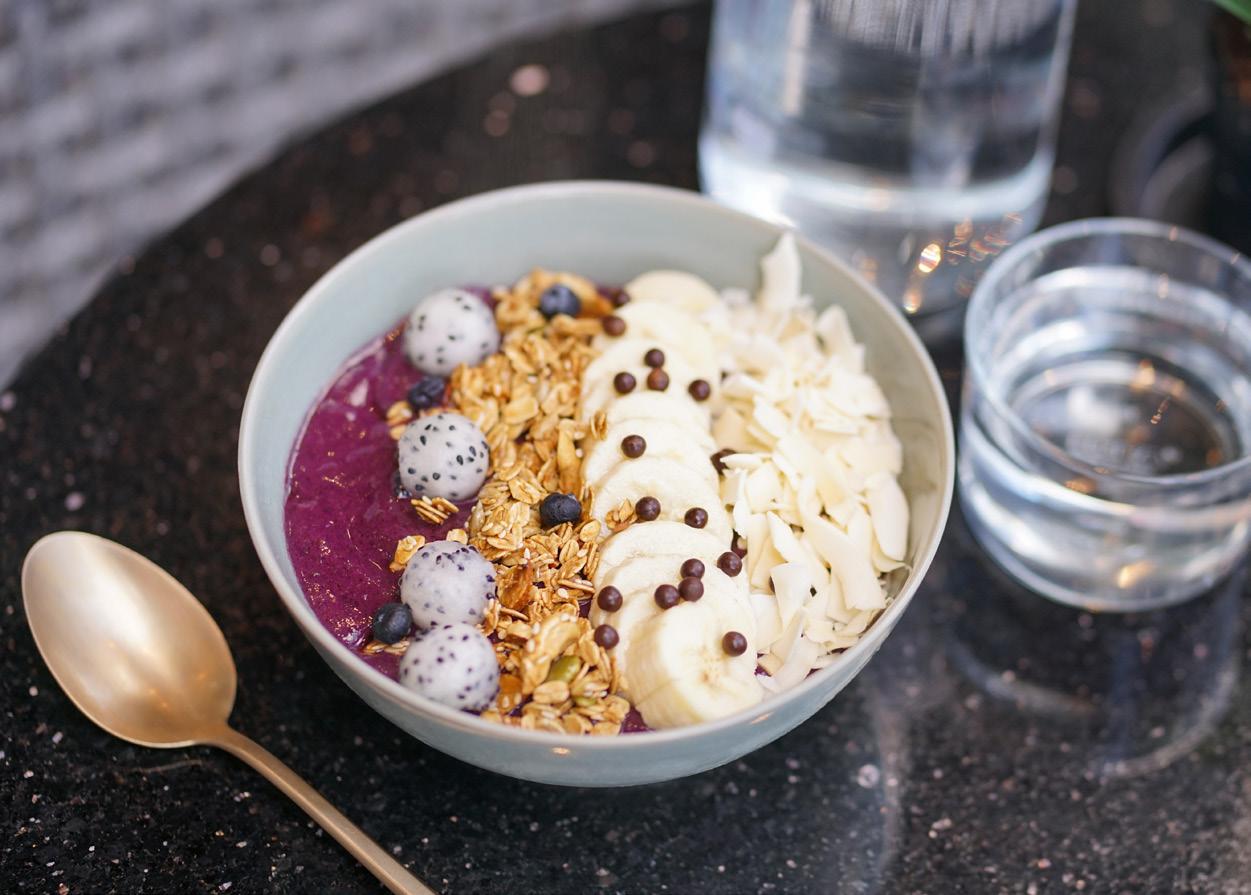
2 minute read
Rediscovering health: Health goals are shifting towards disease management in South America as more emphasis is placed on boosting the immune system
Safe and secure: Consumers in South America are becoming more risk averse and are adopting recessionary shopping habits
The impact of COVID-19 has been long-lasting and wide ranging across South America over the last twelve months. Moreover, as they struggle to contain the virus, the implications will continue to linger in the region, and will manifest in consumer attitudes and behaviours in two ways. Firstly, they will become more risk averse as they look to minimise their vulnerability to health problems and secondly, they will adopt recessionary shopping habits in a different economic climate.
Over the last twelve months, consumers have questioned aspects of their life that they previously took for granted. One area of focus has been on minimising their exposure to germs, viruses, and bacteria, as they look to maintain health. This has resulted in some consumers becoming more conscious about busy places and mass gatherings, and some are re-evaluating the channels and type of outlets they choose to shop in. Risk aversion is something that is also influencing food and drink choice, as consumers place greater emphasis on product safety and want more information about the products that they purchase. This is the result of stories about the possible risk of the virus being transported via food imports. Consumers want reassurance about the safety and handling of products along the supply chain, from the sourcing of ingredients to the formulation, distribution, and storage of products. This is driving demand for localised supply chains and has also resulted in consumers re-evaluating their attitudes to packaging. Ultimately, many consumers will make the link between safety and value for money.
The state of the economy is something that is also a major worry for consumers in South America. It is important not to overestimate the size of the middle class or spending power in this region. Indeed, many consumers still live only just above the poverty line and even before any significant changes to the economy were struggling with everyday living costs. The state of the economy, as a result of the pandemic, will intensify these feelings of financial woe and consumers will respond by adopting recessionary spending habits. This will result in consumers shopping around more to get the best deal possible, cutting back on nonessentials and re-evaluating what constitutes good value for money, something which will ultimately impact on brand loyalty. However, it is worth noting that this doesn’t mean that consumers will look for the cheapest priced product all the time. Instead, they will adopt a hi/low approach to shopping, looking to save money on certain products in order to spend more elsewhere.
If brands are to encourage consumers to trade-up, it is crucial that they are able to demonstrate safety traits and successfully communicate that maximum care and attention has gone into the formulation of products, and that they have the best interests of the consumer at heart.
Proportion of consumers in Brazil who say that they would like more information over the safe handling and manufacturing of products as a result of COVID-19
80% 84% 90%
81%
April 2020 May 2020 July 2020 February 2021
Source: COVID-19 survey series, 2020-2021 (2,000 respondents)
Proportion of consumers in Brazil who say that they are looking to save money on their shopping bills as a result of COVID-19
29% 38% 52% 59%
April 2020 May 2020 July 2020 February 2021
Source: COVID-19 survey series, 2020-2021 (2,000 respondents)


